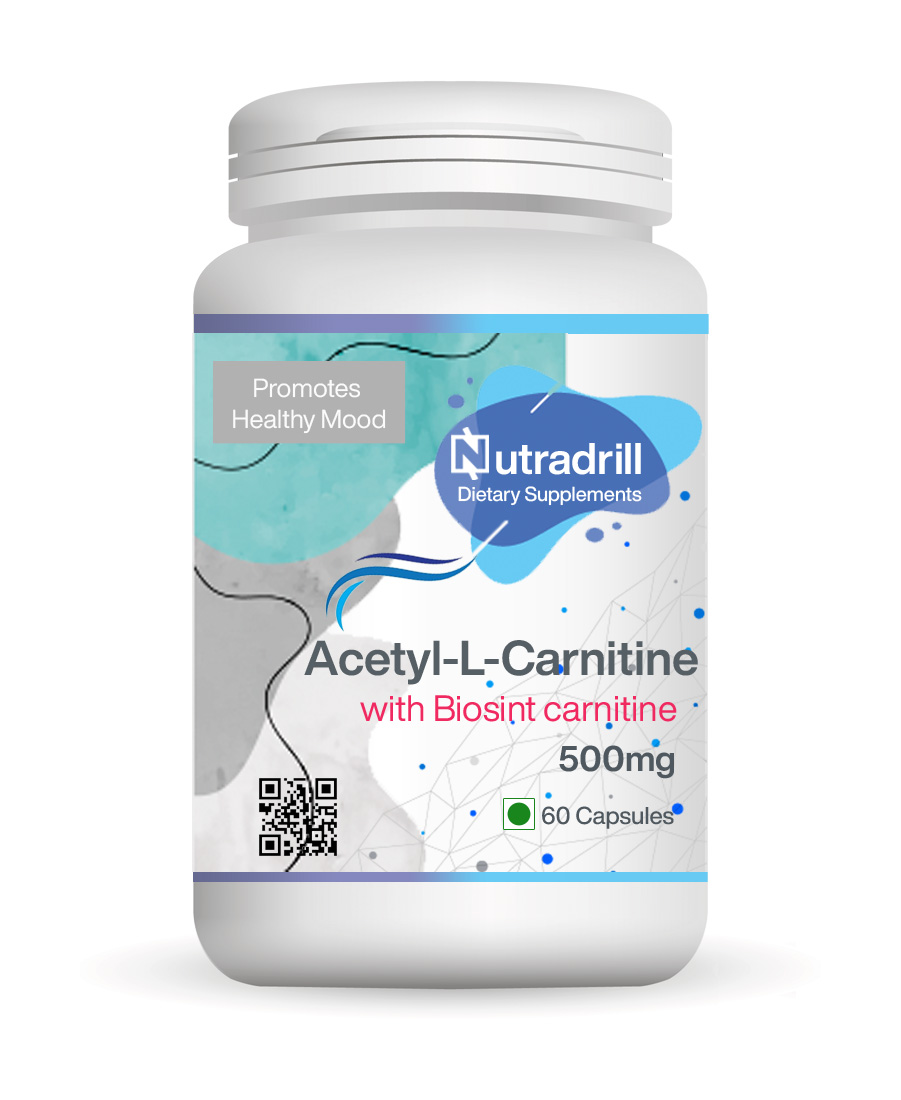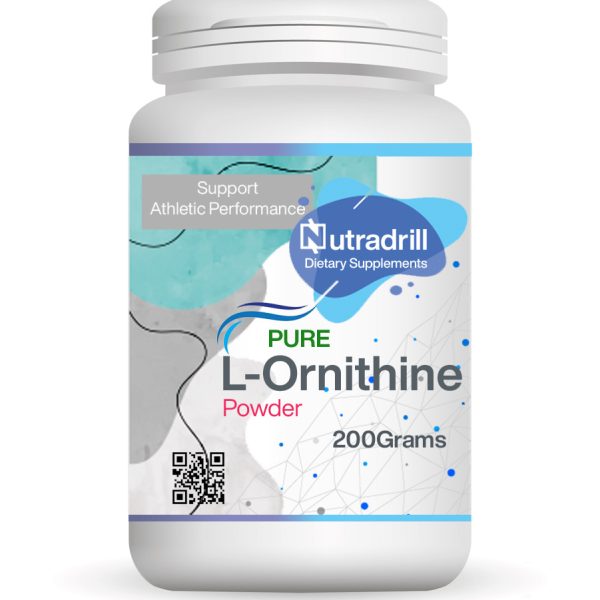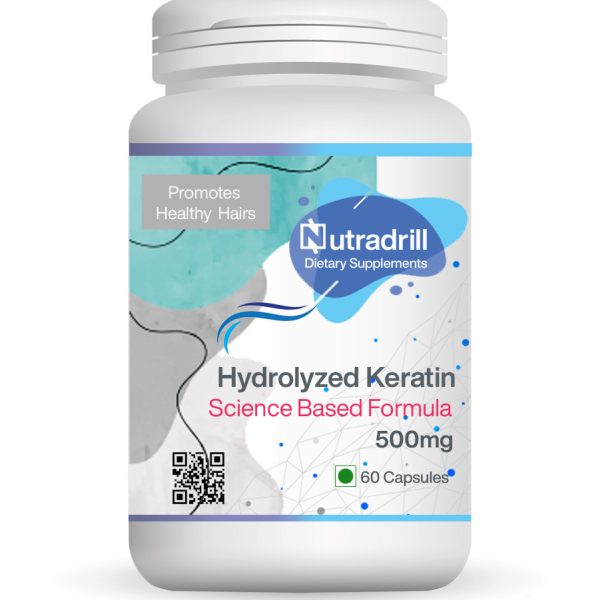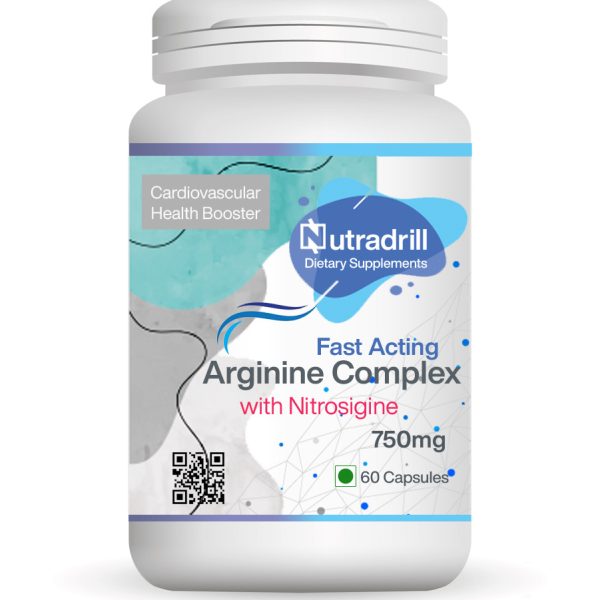Description
Overview and Mechanism of Action
Acetyl-L-Carnitine is synthesized in the body from the amino acids lysine and methionine. It differs from L-carnitine through the addition of an acetyl group, which enhances its ability to cross the blood-brain barrier and contributes to its neuroprotective and neurogenerative properties. In the brain, ALCAR helps to maintain neuronal health, supports neurotransmitter production, and promotes energy metabolism.
Benefits of Acetyl-L-Carnitine
Cognitive Enhancement and Neuroprotective Effects
ALCAR is widely recognized for its cognitive-enhancing effects, including improved memory, focus, and processing speed. It supports brain health by combating oxidative stress and inflammation, reducing the damage to brain cells, and has potential benefits in preventing or slowing the progression of neurodegenerative diseases such as Alzheimer’s and Parkinson’s disease.
Energy Production and Physical Performance
By facilitating the transport of fatty acids into the mitochondria for energy production, Acetyl-L-Carnitine can enhance physical performance, reduce muscle fatigue, and improve recovery times after exercise. It is particularly beneficial for endurance sports and activities that require sustained energy output.
Mood Regulation and Antidepressant Effects
Several studies suggest that ALCAR may have antidepressant properties, likely due to its role in modulating neurotransmitters and neuroplasticity. It has been shown to improve mood in clinical settings, making it a potential supplement for managing symptoms of depression.
Support for Peripheral Neuropathy
Acetyl-L-Carnitine has been studied for its effectiveness in treating peripheral neuropathy, a condition often characterized by numbness or pain in the hands and feet. It may help reduce symptoms by promoting nerve cell repair and enhancing nerve function.
Anti-aging and Mitochondrial Support
ALCAR’s antioxidant properties contribute to its anti-aging potential, protecting cells from damage caused by free radicals and supporting mitochondrial health. This can lead to improved energy levels, reduced physical signs of aging, and potentially increased lifespan.
Potential Side Effects and Considerations
While Acetyl-L-Carnitine is generally well-tolerated, some individuals may experience mild side effects, including nausea, vomiting, stomach discomfort, and restlessness. High doses or long-term use may increase the likelihood of these effects.
Individuals with certain health conditions or those taking specific medications should consult with a healthcare provider before starting ALCAR supplements. Particular caution is advised for those with a history of seizures or those using anticoagulant medications, as ALCAR may interact with these conditions and treatments.
Dosage and Administration
The recommended dosage of Acetyl-L-Carnitine varies depending on the intended use and individual health status. Typical dosages range from 500 mg to 2,000 mg per day, often divided into two or three doses. For specific health conditions, healthcare providers may recommend different dosages.
Conclusion
Acetyl-L-Carnitine offers a range of health benefits, particularly for cognitive function, energy production, mood regulation, and neuroprotection. Its ability to cross the blood-brain barrier distinguishes it from other forms of L-carnitine, making it a valuable supplement for supporting brain health and mitigating the effects of aging on the nervous system. While ALCAR is generally safe for most people, understanding its potential side effects and consulting with a healthcare professional before use is crucial to ensure its appropriate and effective application. As research continues to uncover the multifaceted benefits of Acetyl-L-Carnitine, it remains a promising supplement for enhancing mental and physical well-being.













Reviews
There are no reviews yet.